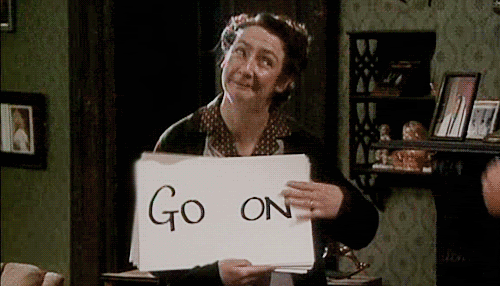Quit drinking? How to tell friends you don't want 'just one'

Quit drinking? How to tell friends you don't want 'just one'
Once you've decided to stop drinking, one of the struggles that people in recovery face is what to tell their friends and family about their new lifestyle.
You would expect people close to you to be supportive of you giving up alcohol, but in some cases, they may not be very receptive of your new lifestyle choice. If you haven't ended up in hospital or had serious external consequences of your drinking, people may not realise that your alcohol problem is as serious as it is. You may have gone to great lengths to hide it and minimise it.
One of the reasons that people close to you may downplay your problem is that they fear losing you as a friend, whether one to drink with or not. People don't like change and they don't like feeling like they're being left behind. If friends of yours used to be drinking buddies, your new sobriety may leave them in the uncomfortable place where they have to look at themselves and their own drinking – and if they even suspect they have a problem, they will want to avoid that at all costs.
Either way, you can't let their attitudes hold you back from improving your own life – that is something that you must commit to whether you will be accepted for that or not.
If you do have a serious drinking problem, then you would be setting yourself up to lose everything anyway if you continued down that road – friends, family, jobs, houses, everything. So this must be the foremost thing in your mind when you approach this issue.
The key to dealing with people who don't want to accept that you don't want to drink any more is to be assertive, be kind, but be committed. Under no circumstances must they believe that they can force you to change your mind.
If someone won't accept that you're not drinking any more and tries to persuade you to have just one, ask them why it is so important to them that you have a drink. They are unlikely to have a real reason, but anything that they do come up with, you must try to reassure them with your answers while not backing down.
So, if they're worried that you won't spend time with them any more, arrange for you two to do something together the next week – something really cool and fun that doesn't involve drinking.
If people constantly downplay the seriousness of your problem, then explain to them how your drinking problem has actually made you feel. Tell them your drinking habits have made you feel out of control, ashamed and guilty. People really can't argue with what you're telling them you feel like.
If you think you're still going to struggle, prepare a little speech that you can rehearse and learn to say confidently to anyone in your life who tries to get you off the wagon. Just think of all the most awful things about your drinking and the wonderful positive things that you have from not drinking.
Make it compelling and powerful – and then use it next time you encounter the problem. Don't argue with them, just state your reasons. If people still don't want to listen there is not much more you can do. Accept that there may always be challenges in this area, but you are committed to doing the best for you – no matter what anyone says.
by Beth Burgess, Therapist and author of The Recovery Formula, The Happy Addict, and What Is Self-Esteem?




